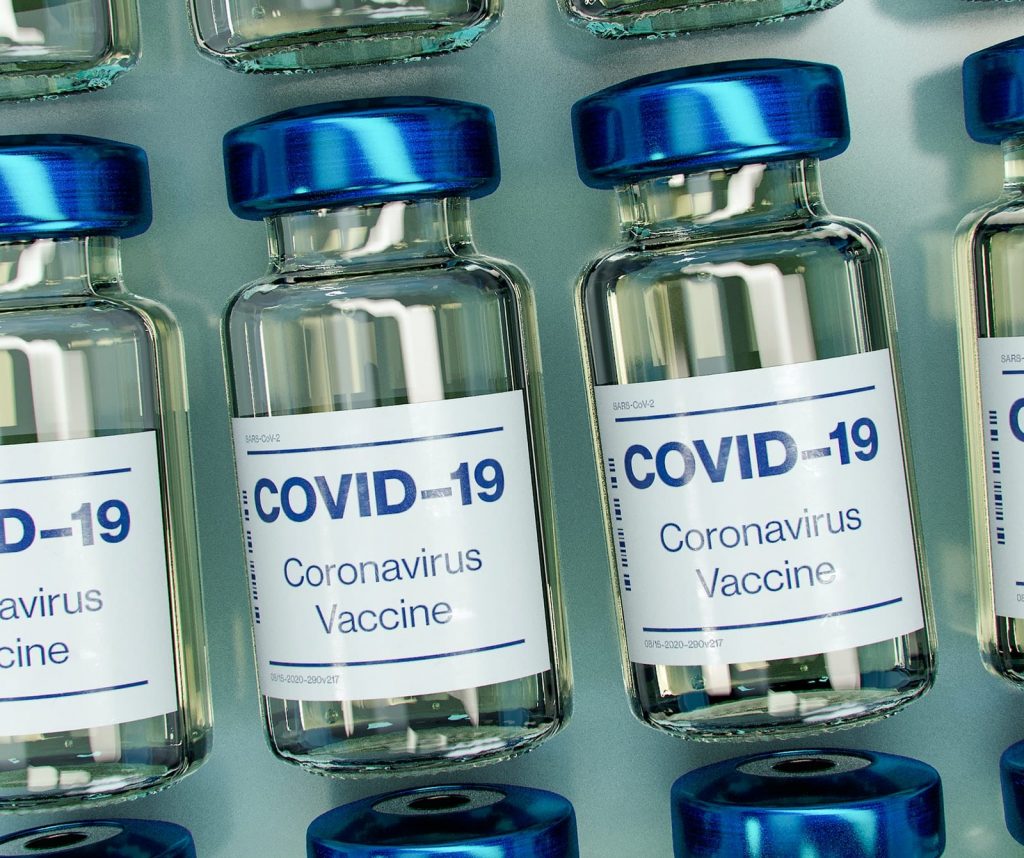20 Dec Tom Still: If and when you get the chance, COVID-19 vaccination makes historic sense
 If you are among the half of all Americans who are leaning against or not sure about getting a COVID-19 vaccination, relax: Chances are pretty good you can’t get a shot until spring anyway.
If you are among the half of all Americans who are leaning against or not sure about getting a COVID-19 vaccination, relax: Chances are pretty good you can’t get a shot until spring anyway.
That gives you plenty of time to think about why you’re opposed or wavering — and to watch what happens as the first vaccination waves play out.
There are a mix of reasons why many people are on the fence about getting vaccinated. A quarter of all Americans recently told national pollsters they’re not worried about getting the coronavirus, despite 300,000 reasons to reconsider.
Other people would rather wait and see how front-line health workers in the United States react to the Pfizer vaccine rollout. Others might watch for early results in the United Kingdom and Canada. Still others might fret that “Operation Warp Speed,” as President Trump called the multibillion-dollar vaccine push, cut a corner somewhere along the line. Sophisticated science-watchers might hold out for the Moderna vaccine, which flips switches differently in the human immune system.
There are also significant numbers of people who still believe vaccines are useless and even dangerous, despite more than 200 years of evidence to the contrary.
Not that vaccine opponents place much stock in World Health Organization pronouncements, but a WHO bulletin in 2008 concluded that vaccines have done more to reduce deaths, disabilities and illness than any public health advance in history except for clean water.
See full article by Tom Still, Wisconsin Technology Council



